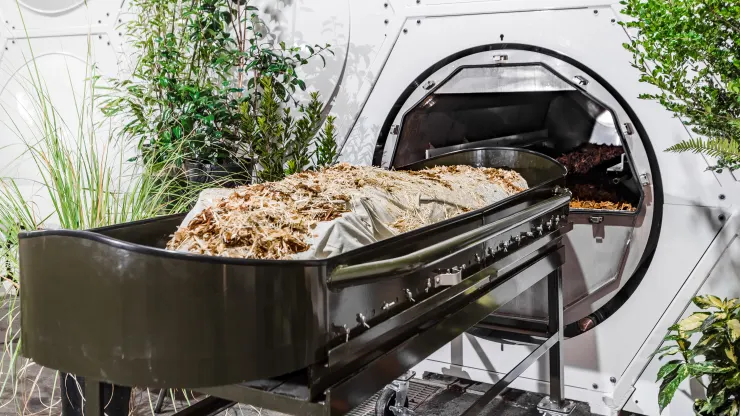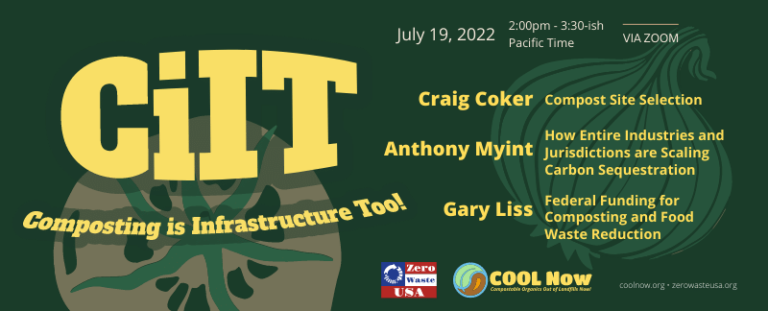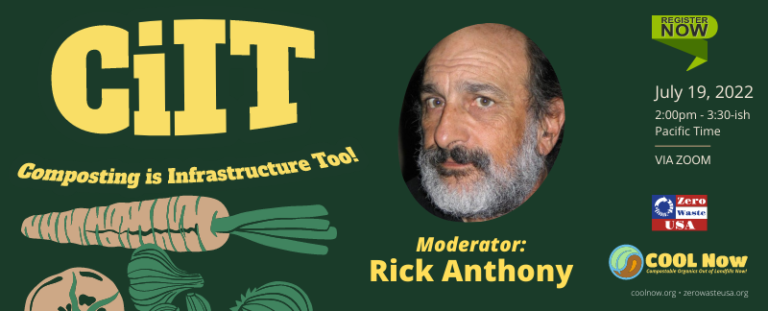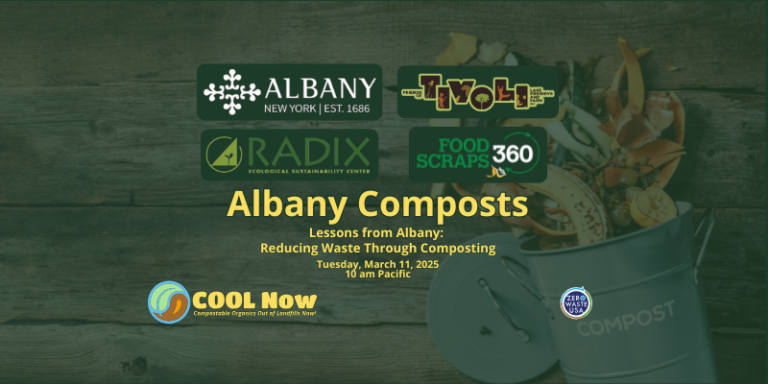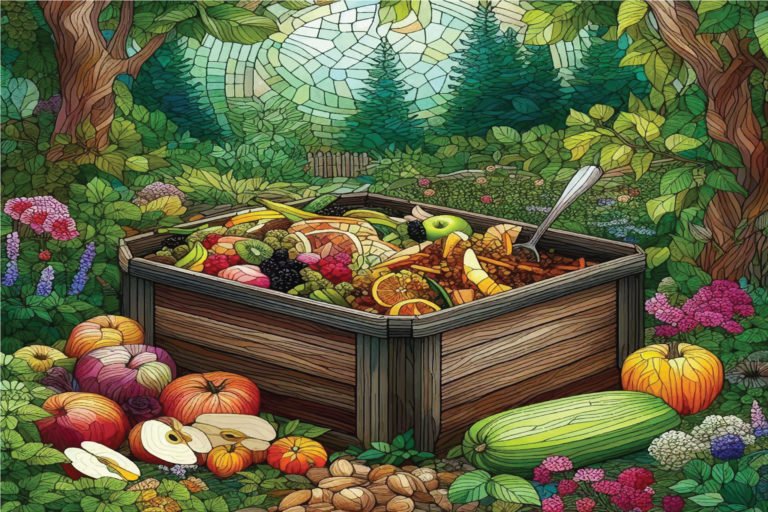Earth Day 2025: Why This Year Matters for Composting and Climate
This Earth Day isn’t just another reminder to recycle or plant a tree—2025 is different. For the first time, global promises to cut methane pollution are turning into real action, and composting is at the heart of it.
You might not think your banana peel or coffee grounds matter all that much—but where they end up could make or break our planet’s fight against climate change. Here’s why this Earth Day marks a major turning point, and how you can be part of it.
Why 2025 Is a Big Deal
Four big things are coming together right now to make this moment historic:
🌍 1. The World Is Finally Getting Serious About Methane
Methane is a super-potent greenhouse gas—over 80 times more powerful than carbon dioxide in the short term. That’s why 159 countries (including the U.S.) signed the Global Methane Pledge, promising to cut emissions by 30% by 2030. And in 2025, many of those plans kick into high gear.
In the U.S., the Environmental Protection Agency is updating its rules to make landfill operators cut methane emissions. Europe is also ramping up, with laws requiring separate composting for biodegradable waste.
🌱 Translation: composting is about to go from “nice-to-have” to “required.”
🏗️ 2. Communities Are Building Compost Infrastructure Fast
To handle all this change, cities and states are investing big in composting systems. In California, for example, more than 75 new large-scale composting facilities are needed this year alone to meet the state’s 75% organics diversion goal (SB 1383).
More composting = fewer landfills = cleaner air and soil. It’s also creating thousands of green jobs.
🛰️ 3. Satellites Are Watching (in a Good Way)
New tech like the Methane Alert and Response System (yes, that’s a real thing!) uses satellites to spot big methane leaks from space—including from landfills. Now that we can see emissions as they happen, companies and governments have nowhere to hide.
Accountability is here—and it’s pushing action, fast.
💸 4. Composting Just Makes Sense
Here’s the feel-good part: composting isn’t just better for the planet, it’s better for our gardens, our farms, and our wallets.
- In California, composting food waste could cut 1.4 to 11.2 million metric tons of climate pollution each year.
- Compost improves soil, cuts down on the need for synthetic fertilizer, boosts crop yields, and helps the ground hold more water.
Whether you’re a farmer, a gardener, or just someone who wants healthier food and fewer wildfires—composting helps.
What You Can Do Right Now
This Earth Day, don’t just read about change—be the change. Ask yourself:
- Does my city or town collect food scraps? If not, call your local waste agency and ask why.
- Do I have a compost bin at home or in my neighborhood? If not, check out local composting programs or start one with your community.
- Where does my food waste go? The answer matters more than you think.
- Check out the City of Albany as a model for collaborative food and compost diversion from landfills on a local level.
Even one household composting can prevent hundreds of pounds of methane-spewing waste from hitting the landfill every year.
Let’s Make “Zero Waste” More Than a Buzzword
Up to 50% of what we send to landfills is compostable. That means we’re literally throwing away a massive solution to climate change.
This Earth Day, let’s turn that around—together. Composting is no longer just an option. It’s one of the most powerful tools we’ve got.
🌱 Ready to Make an Impact?
Join the movement. Support local compost programs. Start one at home. Spread the word. Whether you’re new to composting or already a backyard bin pro, your scraps have never mattered more.
This Earth Day, let’s stop wasting waste.
Links for more information:
Evidence that Earth’s people are pivoting from plan to action on Methane Emissions. In no particular order…
- Global Methane Pledge
- International Methane Emissions Observatory (UNEP)
- Frequently Asked Questions about Implementing SB 1383
- Countdown to COP30: CCAC 2025 Conference Spotlights Global Methane Solutions and Opportunities
- EPA proposes landfill regulation changes in new public docket
- Circular economy: More recycling of household waste, less landfilling
- Will California Reach its Pending Organics Diversion Goals?
- Assessing the climate change mitigation potential from food waste composting
- Methane Mitigation on the Global Stage – What Congress Needs to Know About COP29
- Inventory of U.S. Greenhouse Gas Emissions and Sinks: 1990-2021 – Waste
- Senate hearing puts landfill methane reduction strategies in the spotlight


